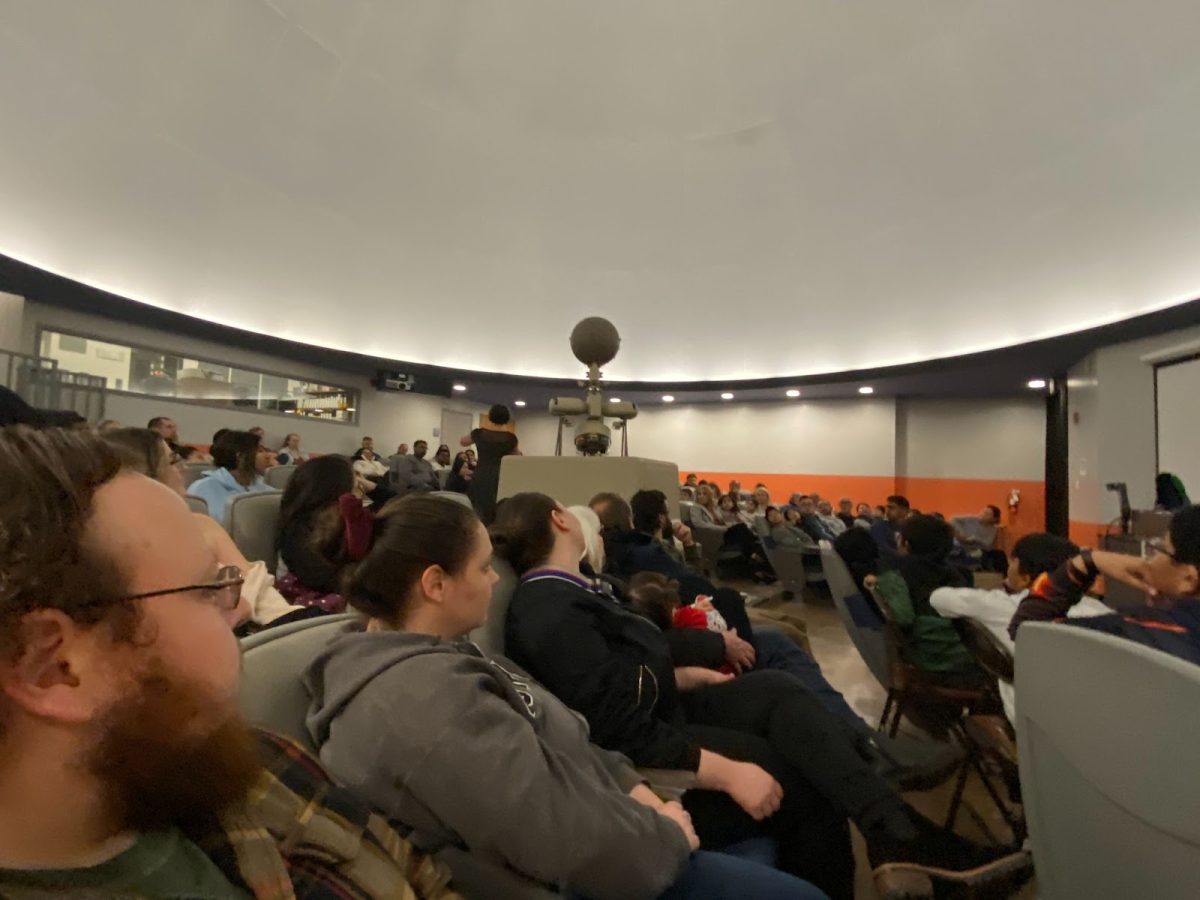
Kermit the Frog said it best, “It’s not easy being green.” Especially if you’re a student on a tight budget. Let’s face it, being green costs green and for students this may be a determent.
By now it’s probably ingrained in your head that you must recycle, reduce and reuse. And you’ve probably also heard of many other things that are out of your reach, like buying a low flow toilet or placing solar panels on your roof.
That kind of advice will simply not do for a student living in a dorm or an apartment, but this is not that kind of advice.
The following are some simple and affordable ways students can reduce their carbon footprint at school and in their dorms or apartments without diminishing their back account.
On campus
· Take full advantage of the Associated Students’ (A.S.) recycling program. The bins are there for a reason, so why not toss your plastics and cans in them instead of throwing them into the trash. Better yet, buy a reusable water bottle. Although they can be expensive, they will pay for themselves in the long run.
· Print wisely. Since printing is free in many places around campus, students tend to go overboard. How about saving e-mails instead of printing them, or as
king professors if they mind you turning in assignments printed on both sides. You might discover that your rigid professor is also trying to save the earth.
· Take notes on your laptop. By doing so, it will reduce the amount of paper you use. If you can’t use a laptop, you can always buy recycled paper, which costs only a couple of cents more than virgin sheets of paper.
· Buy used textbooks. It will not only save you a more than a couple of dollars, but it can decrease the printing demand. E-books and iChapters are another option that is worth looking into if you only need a couple of chapters for a class.
· Give your car a rest. If you live near campus, you can bike or walk to and from classes. This won’t only spare you the trouble of finding a parking space, or shelling out the big bucks for a parking permit, but think of all the gas money you will save.
At home
· Turn off all electronics when you are not using them. Although it’s very convenient to have your computer on all day, it’s sucking up energy. Making sure everything is turned off and unplugged will help reduce your electricity bill, and that’s money you can spend elsewhere.
· Buy inexpensive plates and utensils. Sure it can be convenient to buy disposable plates and spoons, but this contributes to growing landfills.
· While you’re at it, buy a water filter for your dorm or apartment. There is no reason to spend at least $2 a day on bottled water when you can purchase an inexpensive water filter that will make your water taste like it came from the tallest mountain spring.
· Stop using plastic bags. Whenever you head over to the grocery store bring your own bags. In case you need an incentive, some stores are now giving their customers a couple of cents back when they use reusable bags. Go online and find an array of cool reusable bags at affordable prices.
· Use green cleaning products. Sure these can be expensive, but you can always make your own. Vinegar and baking soda are great cleaning agents that can stand up to tough stains. Don’t be afraid of using vinegar, the smell will dissipate.
. Nowadays there are many affordable clothing and accessory items in the market. If it’s still too expensive, consider thrift stores. If shopping at thrift stores is not your thing, swap clothes with friends. Getting in the habit of buying sturdy wear will also reduce your need to replace constantly.
As a student on the run it can be difficult to make sustainable decisions when those around you are not on board. In that case, your best bet is to lead by example and try to educate those who listen.





